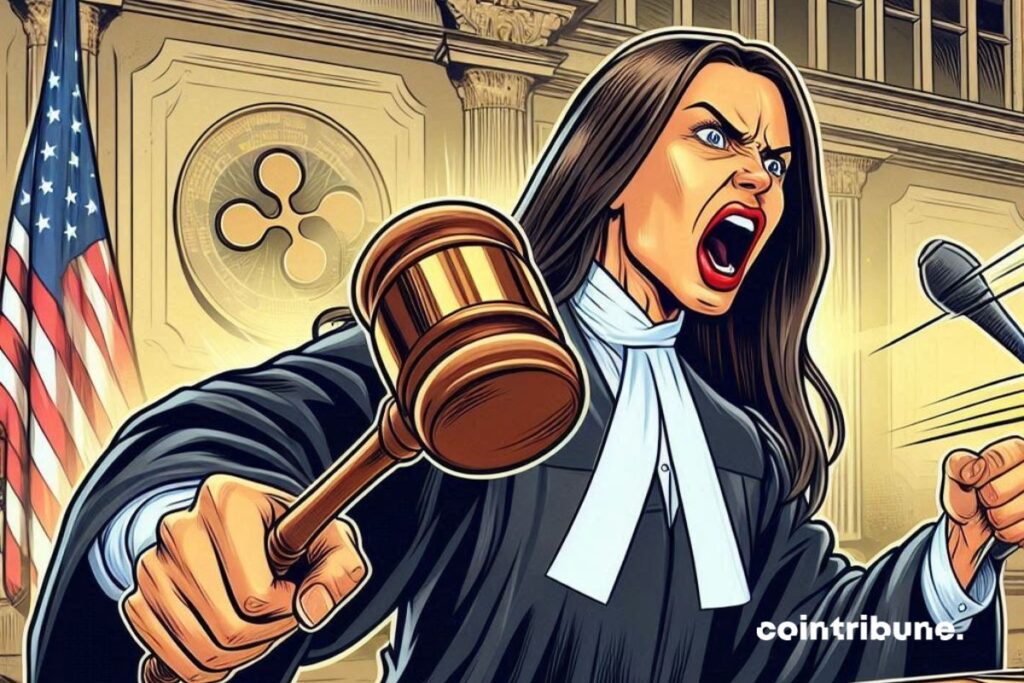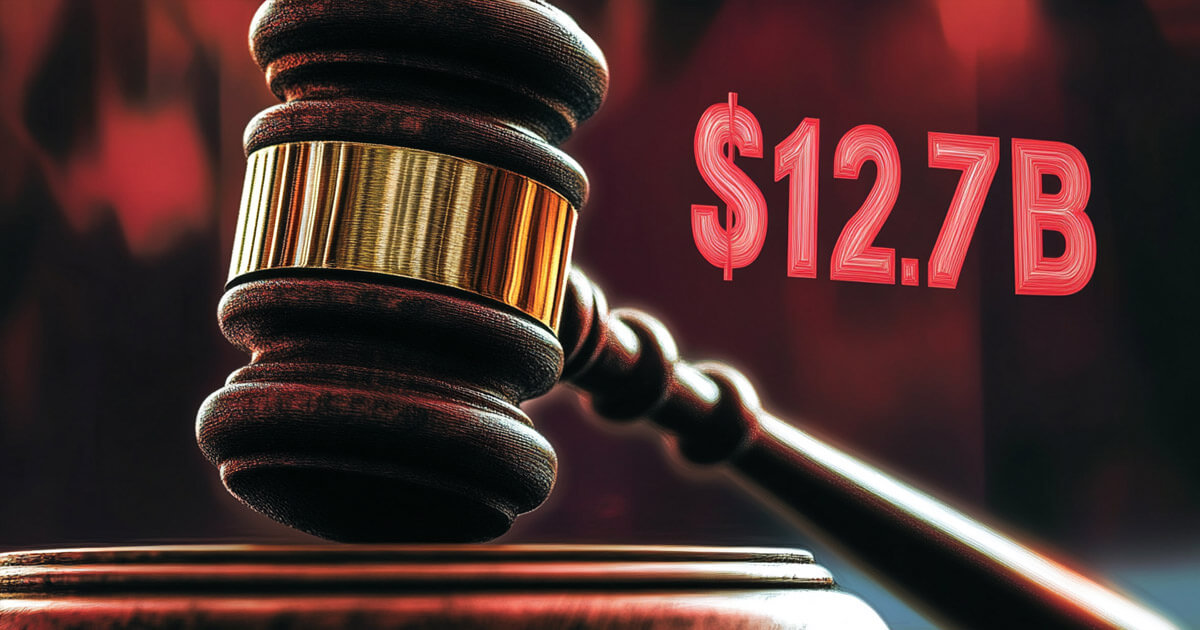Crypto: Ripple Sentenced to Pay $125 Million! End of the Trial Against the SEC!
On August 7, 2024, a federal judge ordered Ripple to pay $125 million in civil penalties! This decision marks the end of a long lawsuit against the SEC. This decision is a significant milestone in the case that began in December 2020, when the SEC accused Ripple of selling unregistered securities in the form of its crypto token XRP.
SEC VS Ripple: a historic verdict and a $125 million fine!
Judge Analisa Torres, of the Southern District of New York, concluded that Ripple had violated federal securities laws by selling XRP directly to institutional clients. However, she also ruled that Ripple’s programmatic sales of XRP to retail clients through exchanges did not violate securities laws. This distinction was a key point in the trial, allowing Ripple to continue its operations while complying with crypto regulations.
The $125 million penalty is well below the $1 billion in disgorgement and prejudgment interest, as well as the $900 million in civil penalties that the crypto regulator had initially sought. In addition to the fine, Judge Torres imposed an injunction prohibiting Ripple from future violations of federal securities laws. This injunction also requires Ripple to file a registration statement if it plans to sell securities.
A relief for the crypto community!
Brad Garlinghouse, Ripple’s CEO, expressed his relief at the decision, stating that it would allow the company to focus on its growth and innovation in the field of digital payments. He also emphasized that this decision clarifies Ripple’s position in the market and strengthens its determination to promote crypto adoption.
The crypto market’s reaction was positive, with a slight increase in the price of XRP following the announcement of the judgment. Investors appear to be reassured by the resolution of this case and the clarity provided by the court’s decision.
Judge Torres’s decision to fine Ripple $125 million and impose future restrictions marks the end of a tumultuous chapter for the company. This resolution could have significant implications for the entire crypto industry, setting precedents on how digital tokens are regulated.






